Returning to work doesn’t mean you have to stop breastfeeding. Learn how to balance work and breastfeeding while maintaining that unique connection with your baby.
by Pinky McKay
Choosing a Breastfeeding-Friendly Carer
To successfully combine breastfeeding with returning to work, select a carer who is supportive of breastfeeding. Ensure they follow your instructions on storing and feeding your expressed milk. Avoid the frustration of arriving with a full breast only to find your baby has just been fed. Discuss with your carer about handling milk and timing to align with your pickup schedule. Close communication is key—consider calling as you leave work to give an estimated arrival time.
Expressing Milk Before Returning to Work
Start expressing milk about four weeks before returning to work. This practice helps you become efficient at expressing and builds a reserve of milk for days when supply might be lower. Don’t worry if supply dips; breastfeeding on your days off will help boost it back up.
Essential Equipment for Expressing Milk
Invest in a high-quality electric breast pump, preferably one that can express both breasts simultaneously, to save time and enhance milk production. A wearable pump like the Bubka Pro 2 offers the convenience of hands-free pumping without power cords. You’ll also need a private space to express, a fridge or cooler with ice packs, and milk storage bags or containers.
Pack healthy snacks like Boobie Bikkies™ and an insulated drink bottle of Boobie Tea™ to stay hydrated and maintain energy. Breastfeeding requires extra calories, so be prepared to consume 200-500 more calories a day.
Consider using a distraction, such as an audiobook or social media, to relax while expressing milk.
How Much Milk Does Your Baby Need?
Breastfed babies typically consume 750-800 ml of milk per day from one to six months. The amount per feed depends on the number of feeds in 24 hours. For instance, if your baby feeds six times a day, aim for 150 ml per feed. Leave some smaller amounts with your carer to avoid waste and ensure your baby is well-fed when you arrive.
Practical Tips for Breastfeeding at Work
At work, look at a picture of your baby or smell an article of their clothing to stimulate milk letdown. You might also consider flexible work arrangements, such as working from home part-time or having your baby brought to you for feeds during lunch breaks. Ensure you express for comfort after weekends with frequent feeds to avoid engorgement and mastitis.
Gaining Support at Work
Your right to breastfeed or express milk at work is protected under the Australian Sex Discrimination Act. To ease your transition back to work, notify your employer about your intention to continue breastfeeding as early as possible. The Australian Breastfeeding Association offers valuable resources to share with your employer about the benefits of supporting breastfeeding staff, such as improved retention rates and reduced absenteeism.
Make clear and simple requests: a private space to express, access to a fridge, time to express, and support from co-workers. If needed, you can mention a paediatrician’s recommendation for breastfeeding for health reasons. Store your milk discreetly in a lunch box with your name if co-workers are uncomfortable with it. Report any inappropriate comments to HR.
Pinky McKay is a leading breastfeeding expert, creator of Boobie Foods, and an International Board-Certified Lactation Consultant (IBCLC). She’s the author of several bestsellers, including "Sleeping Like a Baby," "Parenting By Heart," and "100 Ways to Calm the Crying."

